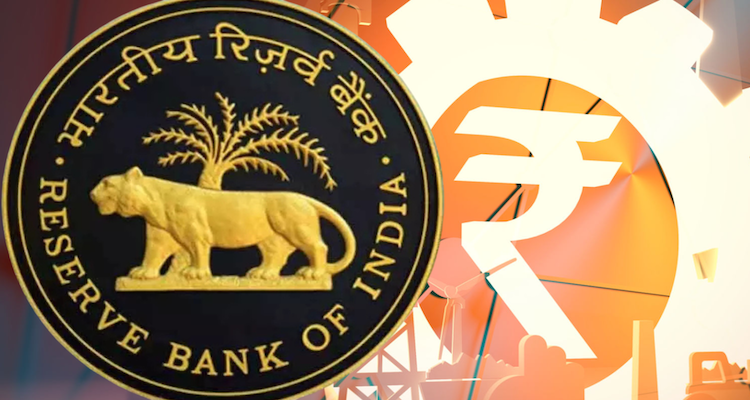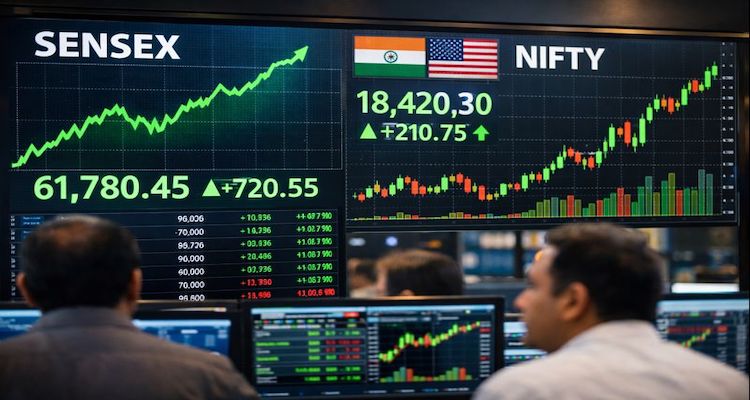India Eyes AI Licensing and Labels to Curb Fake News

India’s parliamentary panel urges licensing and mandatory labelling of AI-generated content to fight fake news and ensure accountability.
A New Push to Tame AI-Driven Misinformation
India is stepping closer to setting ground rules for artificial intelligence content. A parliamentary panel has recommended licensing requirements and mandatory labels on AI-generated material, a move aimed at tackling the surge of deepfakes and misleading content flooding social platforms.
The proposal reflects growing global concern over the misuse of AI tools, which can churn out realistic but false narratives, making it increasingly difficult for the public to distinguish fact from fabrication.
The Panel’s Recommendations
The Standing Committee on Communications and Information Technology, chaired by BJP MP Nishikant Dubey, submitted its draft report to Lok Sabha Speaker Om Birla. The committee called for close collaboration between the Ministry of Information and Broadcasting and the Ministry of Electronics and Information Technology to establish strong regulatory and technological frameworks.
These frameworks would not only help identify AI-generated misinformation but also enable authorities to hold creators accountable. The panel specifically recommended:
-
Licensing AI content creators to ensure oversight.
-
Mandatory labels on AI-generated videos, images, and articles.
-
Stronger accountability mechanisms to penalize misuse.
-
Fact-checking systems and ombudsmen within media organisations to maintain credibility.
Why It Matters
According to the committee, the unchecked spread of AI-generated fake news poses risks to public order, social trust, and national security. By enforcing labels and requiring licenses, the government aims to build transparency, helping audiences understand what is human-made and what is machine-generated.
The panel emphasized that without safeguards, deepfakes and fabricated reports could mislead citizens, influence public opinion, and erode confidence in democratic institutions.
Global Context and Public Response
India’s deliberations mirror debates worldwide. Governments from the United States to Europe are considering regulations to counter the risks of AI-generated misinformation. Countries are grappling with how to balance the benefits of AI in journalism, governance, and education with its potential to deceive.
In India, the Ministry of Electronics and Information Technology has already launched two projects: one focused on developing tools to detect fake speech and another to identify deepfake videos. The parliamentary committee’s recommendations would strengthen these initiatives by adding a legal framework.
While the report is not legally binding, committee findings are often taken seriously, and experts suggest the proposals could influence upcoming legislation.
Potential Impact on AI Creators and Platforms
If adopted, the proposals would significantly reshape the digital content landscape in India:
-
AI creators may need to register and disclose when their work is machine-generated.
-
Social media platforms would be expected to ensure labelled content is clearly visible to users.
-
Media organisations could face added responsibilities in verifying the authenticity of stories before publication.
This could help foster a more transparent and trustworthy online ecosystem but may also raise concerns among creators about overregulation and bureaucratic hurdles.
Looking Ahead
The draft report will be tabled for discussion in the next parliamentary session. If the government moves forward, India could join a growing list of nations introducing legal safeguards against AI-driven disinformation.
As the world navigates the promises and perils of artificial intelligence, India’s approach signals that accountability and transparency will likely be at the heart of the next phase of digital governance.
(Disclaimer: This article is based on factual developments and official parliamentary reports. It does not speculate on outcomes beyond what has been publicly documented.)
ALSO READ: 6 Must-Play Games Like Red Dead Redemption 2 in 2025










